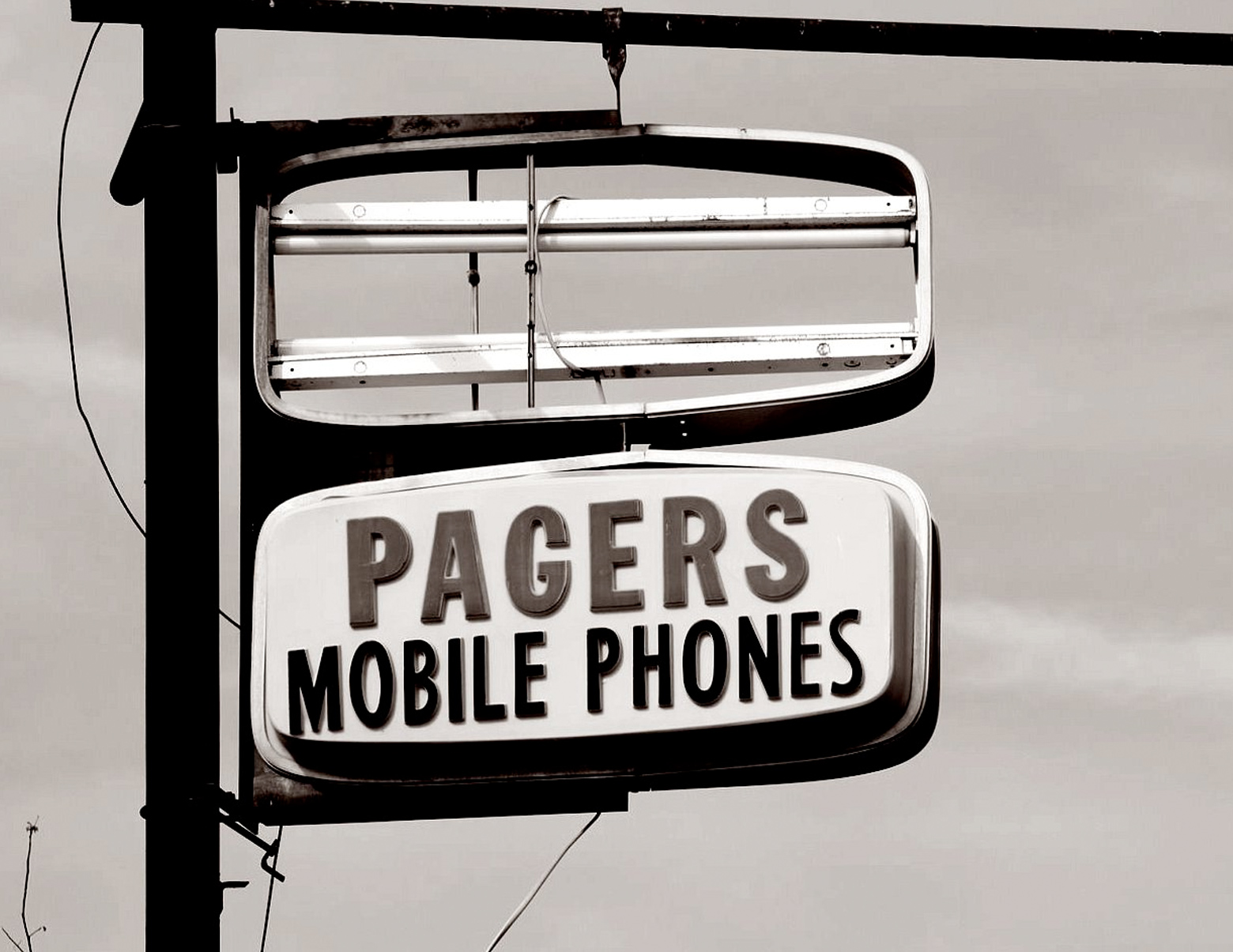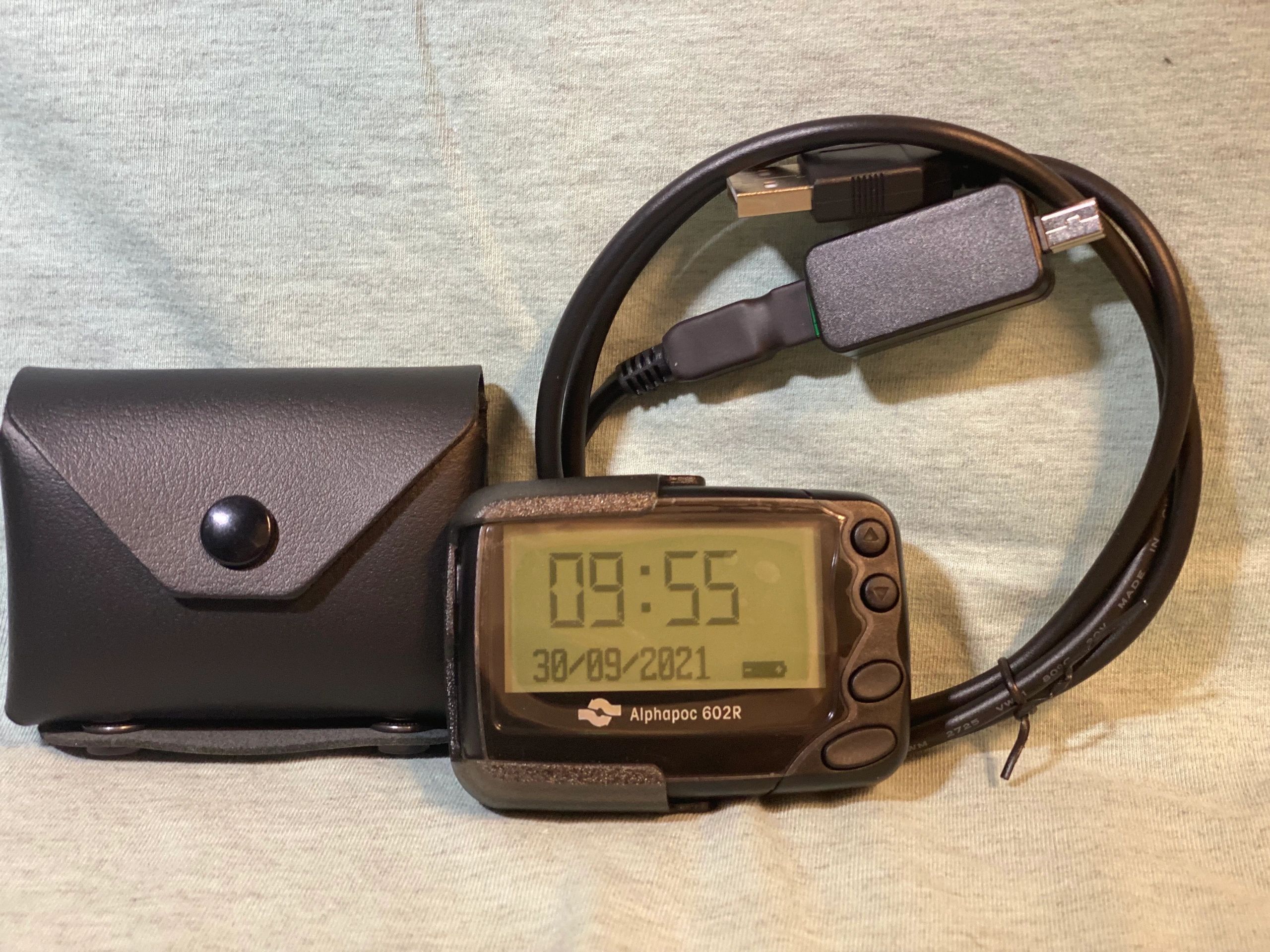In today’s fast-paced digital world, where smartphones dominate communication, one might wonder: do pagers still work? Surprisingly, the answer is yes! Pagers, once considered relics of the past, continue to serve critical roles in specific industries and scenarios where reliability and simplicity are paramount. Despite the rise of advanced communication technologies, pagers have retained their relevance due to their unique advantages, such as long battery life, minimal infrastructure requirements, and resistance to network congestion. These qualities make them indispensable in emergencies and specialized fields, ensuring their continued use even in 2023.
While the average person may no longer carry a pager, these devices have not disappeared entirely. Instead, they have evolved to meet modern demands, integrating with newer technologies and offering features like encrypted messaging and GPS tracking. This evolution has allowed pagers to remain relevant in industries such as healthcare, emergency services, and even certain corporate environments. Understanding the enduring appeal of pagers requires a closer look at their history, functionality, and the niche roles they continue to fulfill in our increasingly connected world.
As we delve deeper into the topic, it’s essential to explore not only the technical aspects of pagers but also their cultural and practical significance. From their origins as simple one-way communication tools to their current status as specialized devices, pagers have a fascinating story to tell. In this article, we’ll examine why pagers are still in use, who benefits from them, and whether they have a future in an era dominated by smartphones and instant messaging apps. Let’s begin by exploring the origins of pagers and how they became a part of our technological history.
Read also:Danny Bonaduce The Untold Story Of A Child Stars Journey
Table of Contents
- What Are Pagers and How Do They Work?
- Why Do Pagers Still Work When Other Technologies Fail?
- Who Uses Pagers Today and Why?
- Are Pagers Still Relevant in the Age of Smartphones?
- Can Pagers Be Replaced by Modern Communication Tools?
- How Have Pagers Evolved Over the Years?
- Do Pagers Still Work in Disaster Scenarios?
- What Is the Future of Pagers?
What Are Pagers and How Do They Work?
Pagers, also known as beepers, are small wireless communication devices designed to receive and display short messages. Originally introduced in the mid-20th century, pagers were among the first mobile communication tools available to the public. They operate on radio frequencies, allowing users to receive alerts, numeric messages, or even alphanumeric text from a central transmitter. Early models were limited to one-way communication, but advancements over the years have introduced two-way pagers capable of sending responses.
The simplicity of pagers lies in their design and functionality. Unlike smartphones, pagers do not require an internet connection or cellular network to function. Instead, they rely on dedicated radio networks, which are less prone to congestion and outages. This makes them highly reliable in areas with poor cellular coverage or during emergencies when traditional communication systems may fail. Pagers are also lightweight, portable, and have long battery life, often lasting weeks on a single charge.
Despite their simplicity, pagers have proven to be incredibly versatile. In healthcare, for instance, doctors and nurses use pagers to receive urgent updates about patients. Emergency responders rely on them during natural disasters or large-scale incidents when other communication channels are overwhelmed. Even in corporate settings, pagers are used for critical alerts and notifications. Their ability to deliver messages quickly and reliably ensures that they remain a valuable tool in specific contexts.
Why Do Pagers Still Work When Other Technologies Fail?
One of the most compelling reasons pagers remain in use is their resilience during emergencies and network outages. Unlike smartphones, which depend on cellular networks and Wi-Fi, pagers operate on dedicated radio frequencies that are less likely to experience congestion. This makes them a reliable choice in disaster scenarios where traditional communication systems may collapse under heavy usage.
Another advantage of pagers is their simplicity. With fewer components and no need for complex software updates, pagers are less prone to technical failures. They also consume minimal power, allowing them to function for extended periods without recharging. This is particularly important in situations where access to electricity or charging stations may be limited.
How Do Pagers Compare to Smartphones in Emergencies?
During emergencies, smartphones can become unreliable due to network overload, battery drain, or physical damage. Pagers, on the other hand, are designed to operate independently of these constraints. Their lightweight design and long battery life make them ideal for first responders, who need a dependable communication tool in high-stress situations.
Read also:Michael J Fox Death A Legacy That Lives On
What Makes Pagers Resilient in Disaster Scenarios?
Pagers are often integrated into disaster response plans because of their ability to function in extreme conditions. For example, during hurricanes or earthquakes, cellular towers may be damaged or destroyed, rendering smartphones useless. Pagers, however, can continue to operate as long as their radio network remains intact, ensuring that critical messages are delivered.
Who Uses Pagers Today and Why?
While pagers may seem outdated to the general public, they are still widely used in specific industries. Healthcare professionals, emergency responders, and certain corporate teams rely on pagers for their reliability and simplicity. Let’s explore the primary users of pagers and the reasons behind their continued adoption.
In the healthcare sector, pagers are used by doctors, nurses, and hospital staff to receive urgent updates about patients. Hospitals often operate in high-stress environments where communication delays can have serious consequences. Pagers provide a quick and reliable way to deliver critical information, ensuring that medical professionals can respond promptly to emergencies.
Emergency responders, including firefighters, paramedics, and police officers, also rely on pagers during large-scale incidents. These devices allow them to receive alerts and coordinate efforts without worrying about network congestion or battery life. Additionally, certain corporate teams use pagers for critical alerts, such as IT departments managing server outages or security teams monitoring facilities.
Are Pagers Still Relevant in the Age of Smartphones?
With smartphones offering a wide range of communication options, one might question whether pagers are still relevant. However, the answer lies in their unique advantages. Pagers excel in scenarios where reliability, simplicity, and battery life are paramount. They are not meant to replace smartphones but rather complement them in specific contexts.
For instance, in healthcare settings, pagers are often used alongside smartphones to ensure that critical messages are delivered even if the smartphone fails. Similarly, emergency responders may carry both devices to maximize their communication options. While smartphones offer advanced features, pagers provide a fail-safe solution when other technologies fall short.
Can Pagers Be Replaced by Modern Communication Tools?
Modern communication tools, such as smartphones and instant messaging apps, offer numerous advantages over pagers. They provide multimedia capabilities, real-time updates, and seamless integration with other technologies. However, replacing pagers entirely is not feasible in certain industries due to their unique requirements.
For example, hospitals need a communication tool that can function reliably in areas with poor cellular coverage, such as basements or remote wings. Pagers meet this need by operating on dedicated radio networks. Additionally, their long battery life ensures that medical professionals can receive alerts without worrying about frequent recharging.
What Are the Limitations of Modern Communication Tools?
Modern communication tools are often dependent on cellular networks and Wi-Fi, which can become unreliable during emergencies. They also consume more power, requiring frequent recharging. In contrast, pagers offer a low-maintenance solution that is less prone to technical failures.
Why Are Pagers Still Preferred in Healthcare?
Pagers are preferred in healthcare due to their simplicity, reliability, and ease of use. They allow medical professionals to focus on patient care without being distracted by the complexities of modern communication tools. Additionally, their long battery life ensures that critical messages are delivered even during extended shifts.
How Have Pagers Evolved Over the Years?
Pagers have come a long way since their introduction in the mid-20th century. From simple one-way devices, they have evolved into sophisticated tools capable of encrypted messaging, GPS tracking, and integration with other technologies. Let’s explore some of the key advancements that have kept pagers relevant in the modern era.
The Rise of Encrypted Pagers
One of the most significant advancements in pager technology is the introduction of encryption. Encrypted pagers ensure that sensitive information, such as patient data or emergency alerts, is protected from unauthorized access. This feature has made pagers a preferred choice in industries where data security is critical.
GPS and Other Modern Features in Pagers
Modern pagers often come equipped with GPS capabilities, allowing users to track the location of the device. This feature is particularly useful for emergency responders, who can use it to coordinate efforts during large-scale incidents. Additionally, some pagers offer integration with other technologies, such as hospital management systems or disaster response platforms.
Do Pagers Still Work in Disaster Scenarios?
Yes, pagers continue to work in disaster scenarios, where other communication tools may fail. Their reliance on dedicated radio networks ensures that they remain operational even when cellular towers are damaged or destroyed. This makes them an invaluable tool for emergency responders and disaster management teams.
What Is the Future of Pagers?
While pagers may never regain their status as mainstream communication tools, they are likely to remain relevant in specific industries. Advances in technology, such as encryption and GPS integration, ensure that pagers continue to meet the evolving needs of their users. As long as there is a demand for reliable, low-maintenance communication tools, pagers will have a place in our technological landscape.
FAQs
Do pagers still work in areas with poor cellular coverage?
Yes, pagers operate on dedicated radio networks, making them reliable in areas with poor cellular coverage.
Are pagers still used in hospitals?
Yes, pagers are widely used in hospitals for their reliability and simplicity, especially in critical communication scenarios.
Can pagers be hacked or intercepted?
Modern pagers with encryption features are highly secure and resistant to hacking or interception.
For more information on pager technology, you can visit this external resource.
Conclusion
Pagers may no longer be a household name, but their role in specific industries and scenarios ensures their continued relevance. From healthcare to emergency response, pagers offer a reliable and low-maintenance solution that complements modern communication tools. As technology continues to evolve, pagers are likely to adapt and remain a valuable asset in our increasingly connected world.

